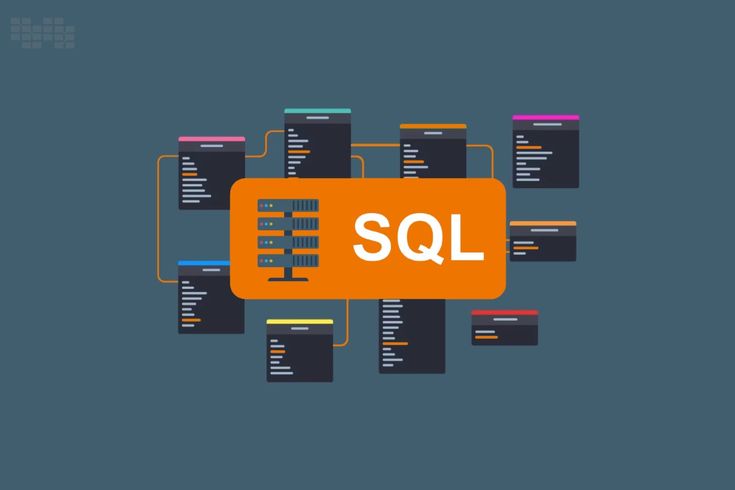Firstly you have to focus on the basics of relational databases. Concentrate on how tables, relationships, foreign and primary keys are a core of any database. Having this knowledge can assist you when planning and running structured database databases successfully to see your developments in line with the frequently encouraged database management practices. We need a strong foundation to make our journey toward mastery of advanced concepts much easier.
You need hands-on experience learning SQL Server. Playing around with creating, modifying and managing databases while installing SQL Server Management Studio (SSMS) will give you some very useful practical knowledge. Build tables and insert data first, then later to more complex ones. SQL Server tools interact regularly with you and these interactions make you confident to deal with the real world database issues.
Learning SQL syntax is an important piece of learning SQL Server. Let’s start with SELECT, INSERT, UPDATE and DELETE and progressively move to more sophisticated queries involving JOINs, subqueries and aggregations. The ability to know how to write good queries means that you can retrieve, manipulate, and analyze data accurately. It’s imperative to know this skill if you want to handle a database properly.

With practice, your proficiency will be further scoped out with advanced SQL Server features. Indexing, performance optimization and even transaction management are dove into. Learning how to tune the database performance whilst keeping data consistent in a concurrent environment is huge knowledge. This separates you in the database professional realm by making you capable of managing and building complex systems.
Finally learn how to use online resources and practice…often. You can learn more about it by visiting Microsoft’s documentation, tutorials and community forums. Engage in discussions to understand more about a situation and to solve problems. Practice of SQL Server on a regular basis will provide steady progress and help you refine your skills, building a strong command over SQL Server, and making you ready to use it for professional applications.
Conclusion
In Conclusion, With a clear and consistent approach it is possible to learn SQL Server. The basic work is to understand the basics of databases and have basic work with tools like SSMS to have hands-on experience. It solidifies your skills in SQL syntax and further solidifies your skills in SQL syntax and helps you learn many advanced features such as indexing and performance tuning. With some regular practice, some online resources, and discussions thrown in, this potent learning accelerates, changing steadily without being sidelined. If you practice day in and day out and do well enough, you can gain yourself strong expertise on SQL Server so that you can manage databases with the right confidence and be prepared for the professional opportunities.